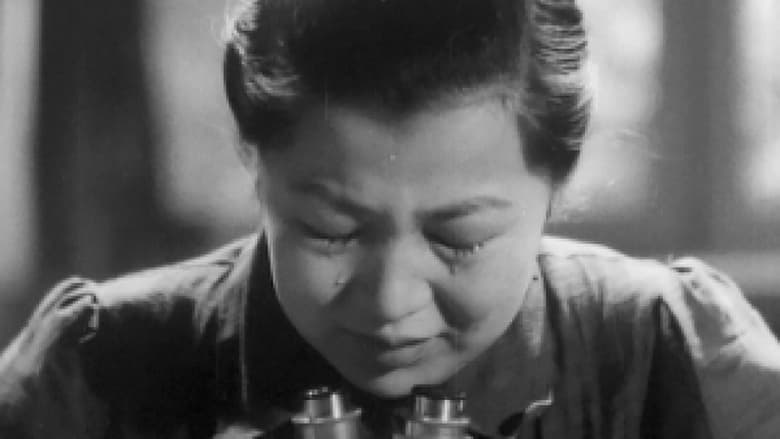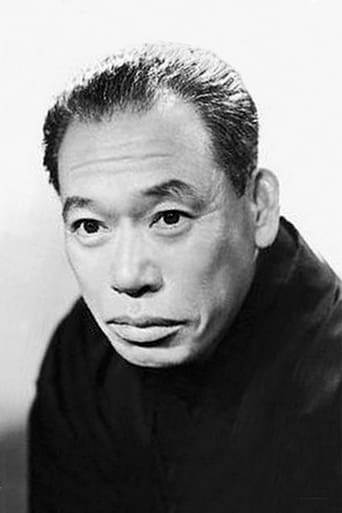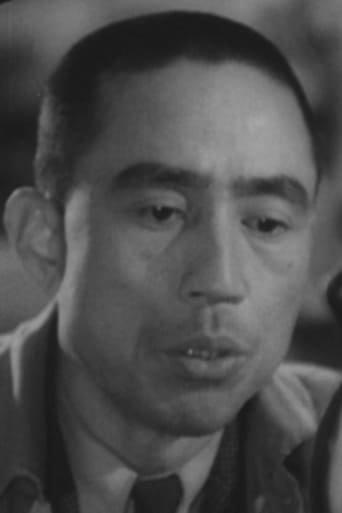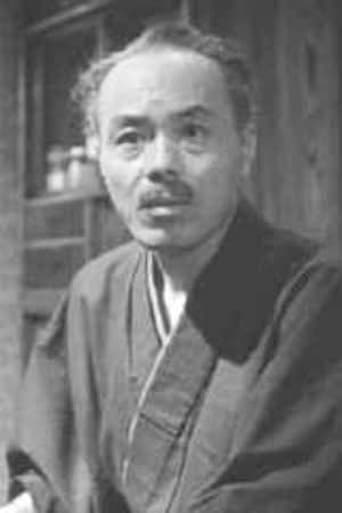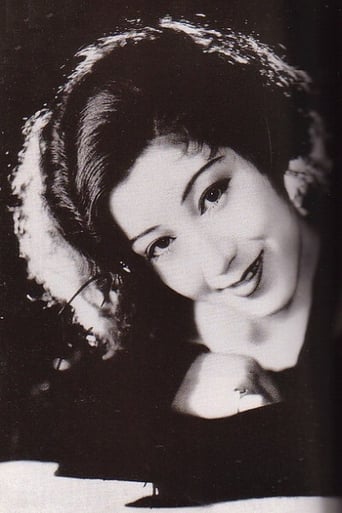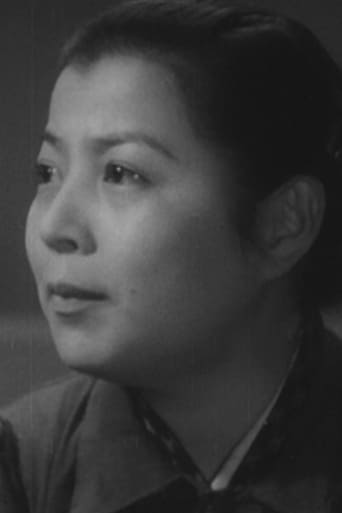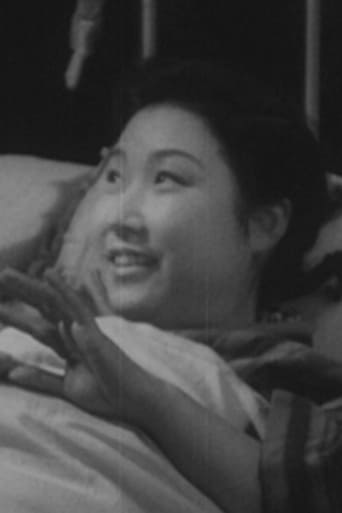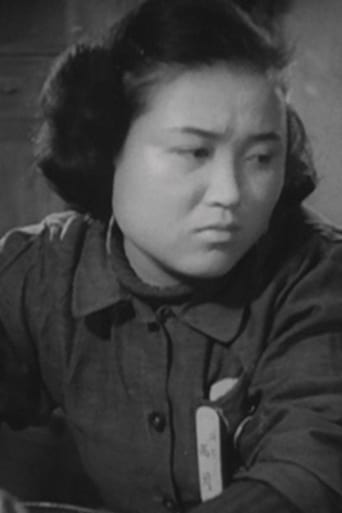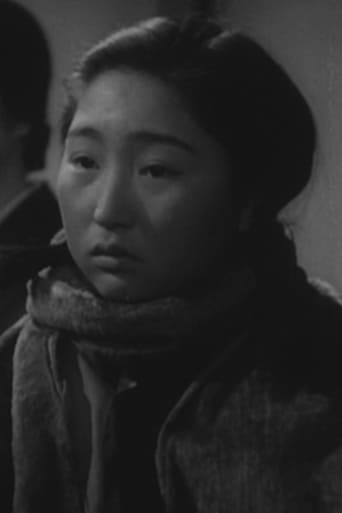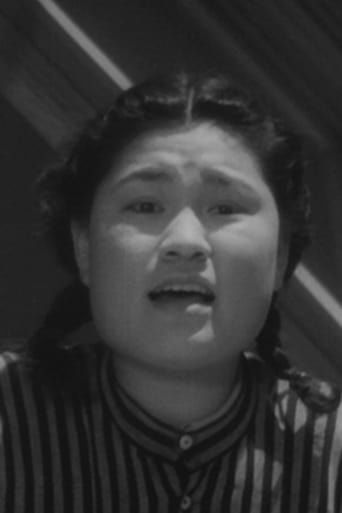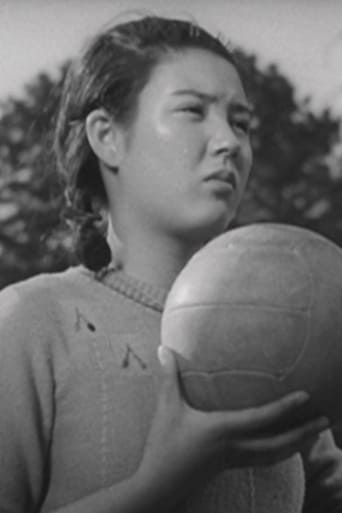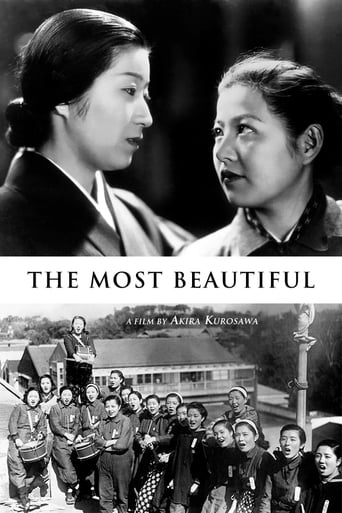
The stories of several young women who work in a 'precision optical instruments' factory during the second World War. Despite illness, injury, and tremendous personal hardship, the women persevere in their tasks, devoted to their work and their country's cause.
Similar titles


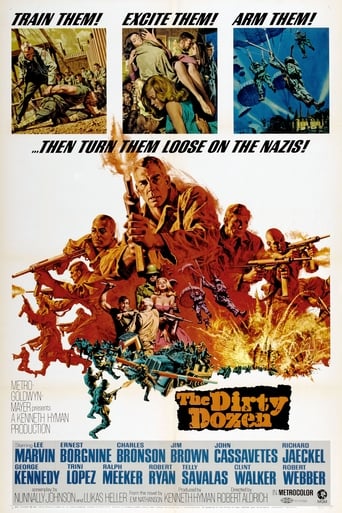


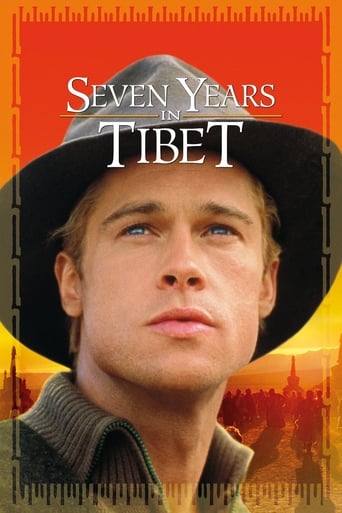



Reviews
Save your money for something good and enjoyable
The movie's neither hopeful in contrived ways, nor hopeless in different contrived ways. Somehow it manages to be wonderful
Actress is magnificent and exudes a hypnotic screen presence in this affecting drama.
The movie really just wants to entertain people.
A curious film from Kurosawa, given what came later, this is a nationalist film about a group of young women who are working at an optical instruments factory who are given the task to greatly increase productivity for the good of the country and the war effort. It shows them rarely at play, mostly very focused at work. Takako Irie plays the dorm mother, a somewhat sympathetic character. This film is more inherently Japanese than most of Kurosawa's later work, its almost a propaganda film. However, there is also some heart in the characters, and that is what makes it a recommended film. You sense the young ladies anguish over being sick and having family difficulties, making them unable to work. So, not essential viewing but still watchable and Kurosawa fans should check it out.
It was interesting to read other people's views on this - I thought it was rather a good film. Of course, it's a long way from Kurosawa's best, but I think it's the best of his early (pre-Drunken Angel) films, and quite as good as one or two of his later ones (eg Scandal and The Quiet Duel; and maybe Drunken Angel and The Idiot, which were cut to ribbons by the studios).Of course it's a wartime propaganda film, but the propaganda is mostly either implicit in the story itself, or part of the background (it takes place in a munitions factory, so of course there are propaganda posters up on the walls, and of course there are messages from the bosses encouraging the workers to produce as much as possible - it would be unnatural if there weren't), and Kurosawa concentrates on telling that story. The result is that, for me, the propaganda never intrudes.
If you study this film then you can learn much about Japan, World War Two, and Akira Kurosawa. This is the only film he made that was meant to be propaganda, but his earlier film Sanshiro Sugata actually played to themes more useful to a nation at war. If you make a film that matches the zeitgeist of your country, that's great. But be forewarned that your country's government may then ask you to inspire the people to fight on, and you would then make a propaganda film, which is what may have happened to Kurosawa. This fact shouldn't make you reject The Most Beautiful because cinema in all countries in WW2 was used in the war effort. Japan was no exception.Kurosawa in interviews after the war revealed his dislike of the government censors. Toward the end of the war, Japanese were preparing for the possibility of the entire nation receiving an order from the Emporer to commit suicide, called "the Honorable Death of the 100 Million." Kurosawa didn't dispute that he would have followed the Emporer's directive, but did say that he and his colleagues jokingly agreed they would first go and kill all the censors.The plot and action of the film is described elsewhere. There are things to watch for carefully as you view the film.If you're in a university setting then there is one absolute advantage that you have -- access to a professor of management and organizational behavior. Why? Well, The Most Beautiful is practically a docu-drama on management science. The scientific methods of production and organizational management are more clearly documented in this film than in any other I can recall, anywhere. It also compares things like Stakhanovism to Hawthorne experiment studies and displays the early beginnings of total quality management and quality assurance methods later developed by Deming. If these terms are unfamiliar to you, then you need a professor of management science to watch the film and help you see what Kurosawa was putting in. Then consider that the film was released to the Japanese public, which assured that it would be viewed by American military intelligence organizations and the OSS.Some specifics to look for in no particular order: the background music includes a sampling from Semper Fi, the USMC theme song; there's little talk of enemies but when they're mentioned, the British are named ahead of Americans; the factory managers back a young woman's rejection of her father's instruction to come home and take the place of his deceased wife, which is a break with tradition (almost the equivalent of bra-burning in wartime Japan); and, backgrounds are set in wartime Japan and reveal details of the industrial infrastructure.There are many films by Kurosawa that feature sickness and health care in their plots. This one, Drunken Angel, Ikuru, The Quiet Duel, and Red Beard come to mind. Dodes' ka-den and Ran might also qualify as their main characters suffer from afflictions of the mind. Kurosawa's biggest films are Rashomon and The Seven Samurai, but his films with health and medicine in the plot are more prevalent in his career.One caveat to The Most Beautiful is that it is long and does reflect the tastes of Japanese audiences who like their drama very obvious. Forgive yourself if you find Japanese drama becomes too boring in some places. The films can be very enjoyable and interesting, provided you approach them with the understanding that they are far different from what we experience as entertainment today.
This is a great movie - a must-see. I saw it without subtitles, and my Japanese wasn't good enough to catch most of the dialog, but the raw emotional power of the cast and of the imagery made it easy to follow - completely engrossing, in fact. The story is about a group of women factory workers in WWII Japan, and how each one must overcome whatever personal hardship they face to help the group succeed. The sense of being swept up in a titanic struggle, and the almost superhuman selflessness and group cohesion that that breeds, are the same themes treated in "Twelve-O'clock High". The two movies would make an enlightening double feature. One image sticks with me: although it's not focused on, throughout the movie you see the women carefully taking off their shoes and placing them neatly by the door as they come in to the dormitory, and you see them carefully put them on as they leave. During one scene, when a girl is returning from the hospital, everyone rushes to greet her. Kurosawa cuts to a shot of the shoes, as they are thoughtlessly trampled by the women eager to meet their friend.
Top Streaming Movies











